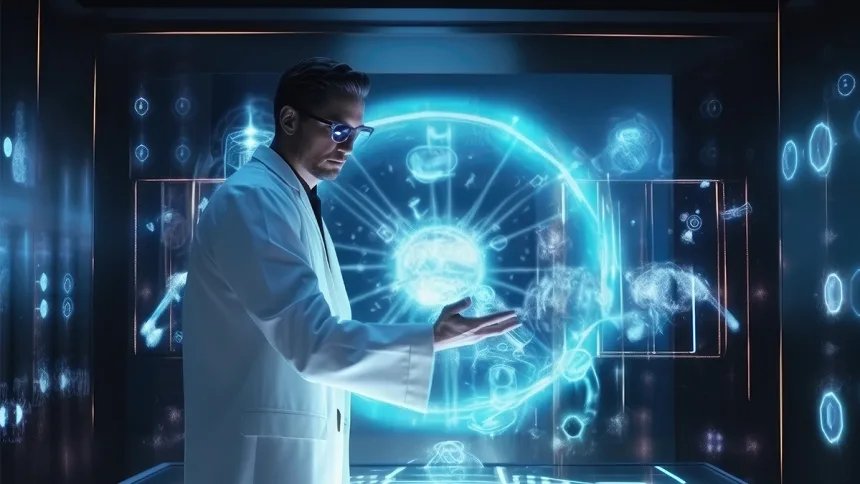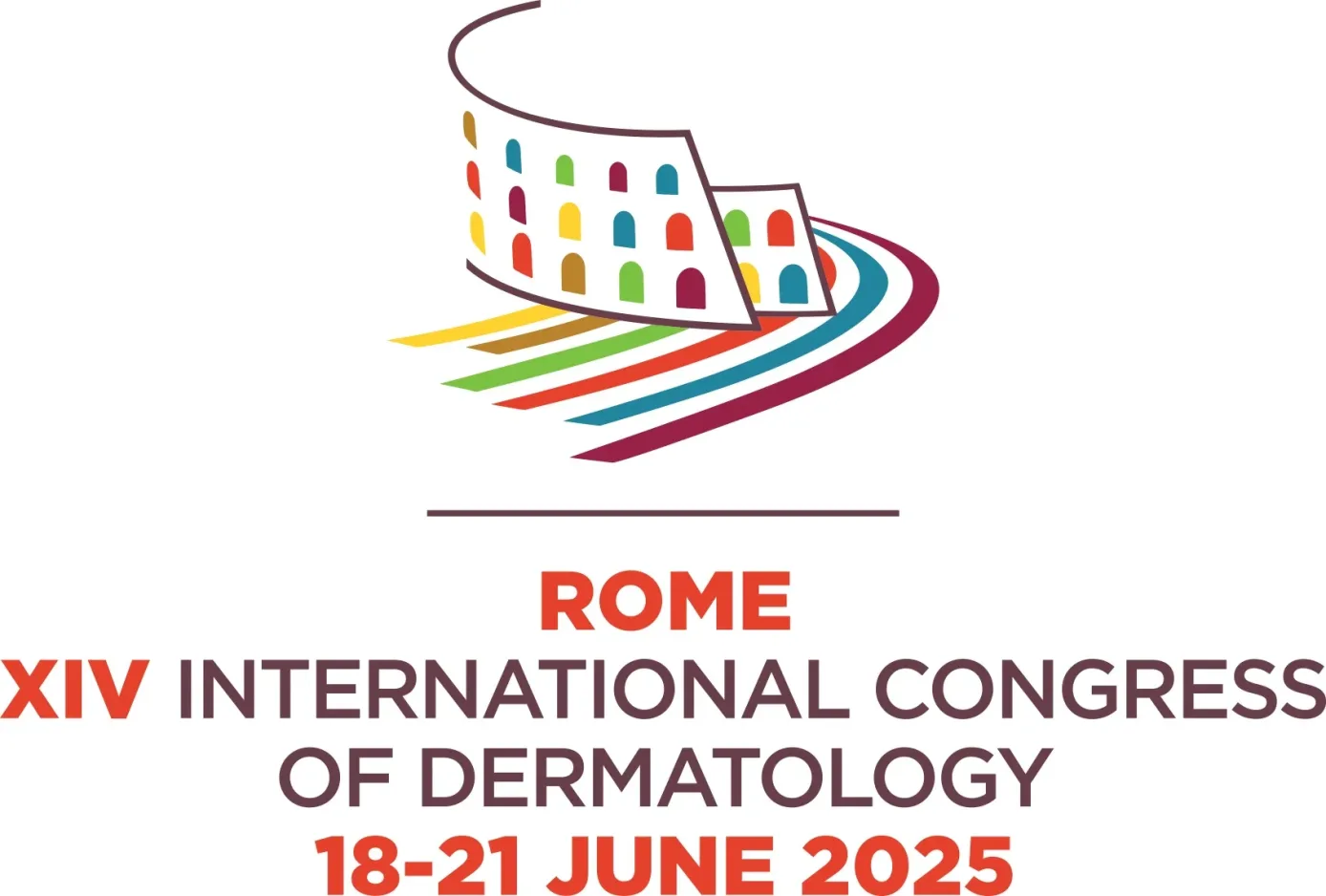As someone who has spent years at the forefront of AI, digital health, and innovation, I’ve had a unique opportunity to witness firsthand how these technologies are revolutionizing medicine. Yet, a fundamental question remains: Can AI truly detect diseases before doctors do? And more importantly, how can we ensure that AI serves humanity, rather than being just another technological experiment?
AI in disease detection
AI is already proving its worth in identifying diseases at earlier stages than traditional medical approaches. By analyzing vast datasets, from medical imaging to genomics, AI can recognize patterns that often elude even the most experienced clinicians. But early detection isn’t just about technology; it’s about saving lives and transforming healthcare systems to prioritize prevention over treatment.
Consider AI-driven breast cancer detection models that can identify tumors up to five years before a patient would normally experience symptoms. Similarly, AI-powered retinal scans have achieved remarkable success in predicting diabetic retinopathy and cardiovascular risks. In cardiology, AI tools analyzing ECGs and echocardiograms are flagging early warning signs of heart disease before patients exhibit any symptoms.
These advancements are not just theoretical, they are already changing the way we approach diagnostics. But the true power of AI lies not only in early detection but in its ability to create highly personalized healthcare pathways.
AI’s role in preventive and personalized healthcare
- Predictive and Preventive Care: AI goes beyond traditional detection by predicting an individual’s likelihood of developing certain diseases based on genetics, lifestyle, and medical history. Imagine an AI system warning a patient about a high risk of developing Alzheimer’s decades before symptoms appear, enabling proactive lifestyle changes or early interventions.
- Bridging Gaps in Global Healthcare: One of the major challenges I see globally is unequal access to healthcare. AI can help address this by democratizing early disease detection through telemedicine, wearable devices, and remote diagnostic tools. This is particularly critical in regions where access to specialized healthcare is limited.
- Continuous Learning and Adaptation: Unlike traditional diagnostic tools, AI systems improve over time, learning from millions of medical cases. This continuous evolution ensures that AI-driven diagnostics will become more accurate and effective in addressing diverse patient populations.
Real-world examples of AI in early disease detection
- DeepMind’s AI for Eye Diseases: Google’s DeepMind, in collaboration with Moorfields Eye Hospital, developed an AI system capable of detecting over 50 eye diseases with expert-level accuracy using retinal scans.
- MIT’s AI in Oncology: Researchers have built AI models that predict breast cancer risk years in advance, enhancing early intervention strategies.
- AI in Cardiology: Startups like Eko are leveraging AI-powered ECG analysis to detect arrhythmias and heart failure long before symptoms manifest.
- Wearable Health Tech: Smartwatches and health trackers equipped with AI can detect irregular heart rhythms, monitor oxygen levels, and flag potential health concerns in real-time.
Also Read : Surgeon vs. Machine: Who controls the operating room of the future?
Challenges and ethical considerations
Despite its potential, AI in disease detection comes with challenges that cannot be ignored:
- Regulatory Uncertainty: Many governments and healthcare organizations still lack clear policies for AI-driven diagnostics. Regulations must evolve to ensure AI systems are both safe and effective.
- Human Oversight: While AI can detect patterns faster than humans, it lacks the clinical judgment, empathy, and ethical reasoning that doctors bring to the table. AI should complement, not replace medical professionals.
- Bias in AI Algorithms: Many AI models are trained on Western datasets, which may not generalize well to other populations. We must ensure diverse, inclusive data representation to prevent biases in AI-driven diagnostics.
The future of AI in healthcare
I strongly believe that AI in healthcare should not just be about technology—it must be about people. To fully harness AI’s potential in early disease detection, a collaborative effort is needed:
- Invest in AI Research and Localized Data: AI systems should be trained on diverse datasets to ensure accuracy across different populations and genetic backgrounds.
- Develop AI-Literate Healthcare Professionals: AI should be an enabler more than a disruptor. Training doctors, nurses, and healthcare administrators on AI’s capabilities will lead to more seamless integration into clinical workflows.
- Prioritize Ethical and Transparent AI Regulations: AI in healthcare must be governed by strong ethical frameworks, ensuring transparency, accuracy, and patient privacy.
- Adopt a Human-Centric Approach: AI is a tool, not a replacement for human expertise. The goal should be to augment clinical decision-making, allowing doctors to focus more on patient care and less on administrative burdens.
AI as an ally in the fight against disease
AI is primarily not here to replace doctors but to empower them. Its role in early disease detection can transform medicine by shifting the focus from reactive treatments to proactive, preventive care. However, its success will depend on how well we integrate AI into healthcare ecosystems, ensuring it remains an ethical, inclusive, and human-centric tool. If well executed, the implementation of AI in healthcare could even help the healthcare professionals to become more human again by taking over their administrative burden and allowing them to look again into their eyes rather than at their screen.
Technology alone is never the solution; it is how we choose to use it that will determine the future of medicine.
Philippe GERWILL , Influencer, Abu Dhabi Global Health Week 2025
I remain optimistic that AI, when used responsibly, will revolutionize healthcare. But technology alone is never the solution; it is how we choose to use it that will determine the future of medicine.






















